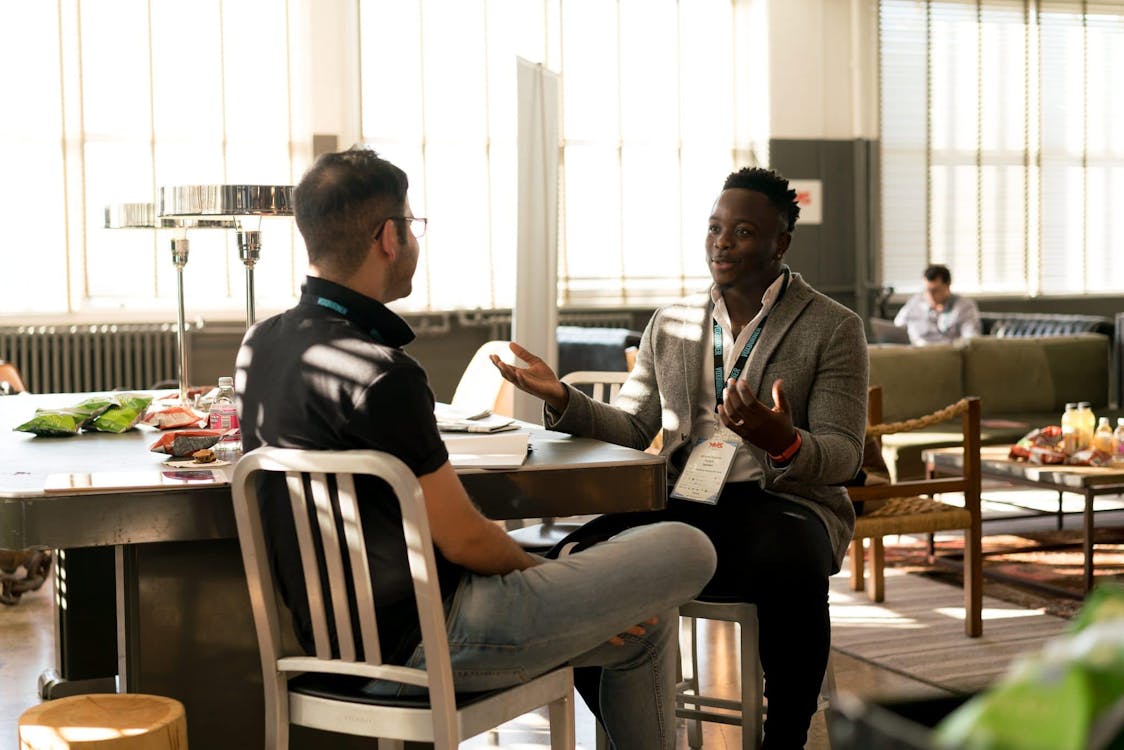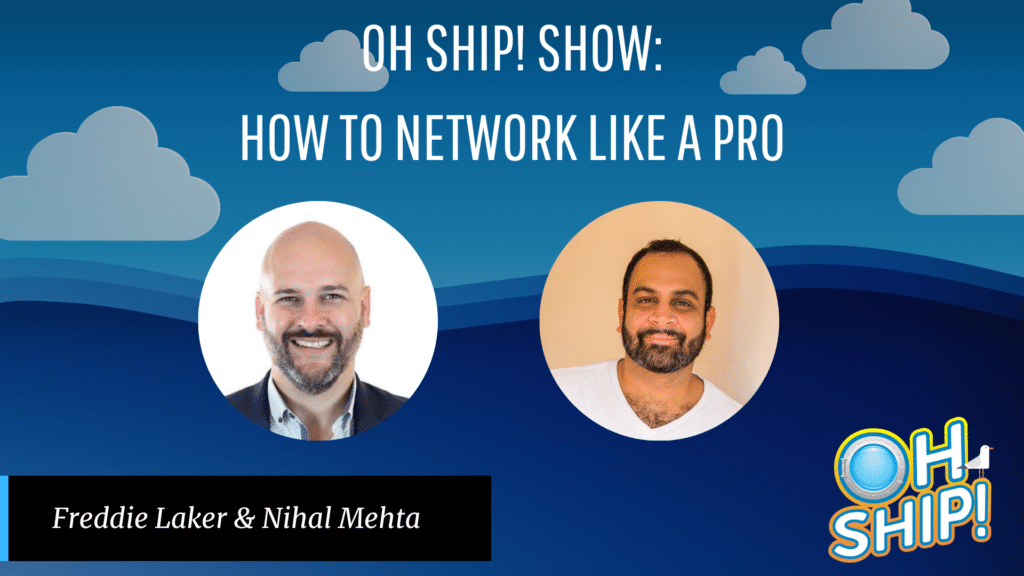Learn how Nihal has become a successful networker—and how he leverages his social network connections while sharing his most significant secrets.
Nihal Mehta has been an early angel investor in Uber, Airbnb, Attentive, AdMob, and many other successful ventures. A general partner in Eniac Ventures, the first venture fund to focus exclusively on mobile technologies, he’s propelled numerous innovations forward. Not coincidentally, he’s also a world-class networker and one of NYC’s most connected investors.
As entrepreneurs themselves, Nihal and his partners at Eniac know what new founders are experiencing. “We got our ample amount of scar tissue and muscle memory building startups,” he says. In the past, Nihal has launched five startups of his own, the majority of which failed. Eniac, a startup in its own right, partners with other founders every day at the earliest stages of business.
Nihal started as an angel investor with AdMob after selling his mobile marketing agency, Ipsh, to Omnicon in 2005. Someone reached out asking for investments in a search engine built specifically for mobile apps. He’d never before made an investment, but he wrote a check, and it turned out that some big names like Sequoia and Excel were already getting involved. “His company became a rocketship,” Nihal says. “Four years later, it was acquired for $800 million by Google.”
Previously, he’d thought of investors more as vultures, but seeing how Sequoia and Excel assisted the nascent company changed his view. They brought in some incredible staff while helping the founder, Omar Hamoi, to level up. “That made all the difference—the people around Omar. So that he could scale and the company could scale,” Nihal says. “That was inspiring—to watch good venture capital in action.”
How do they support emerging startups?
In the early stages, you’re throwing many things at the wall to search for the right product-market fit, says Nihal. “99% of the stuff doesn’t stick,” he says. But you have to zero in on the small percentage that does work and double down your efforts there.
Eniac works in the pre-product market fit stage. They assist with finding a market fit, distribution strategy, targeting customers, and business development for every founder they meet. “Writing a check is a very small percentage of our total energy output,” he says. “It’s really working tirelessly, really all hours of the night, with founders to get them through the product-market fit stage, raise a series A, and rinse and repeat.”
How does he approach relationship-building?
“There’s so much karma in this business, and it’s all about your reputation. This is a services business; this is a people business,” Nihal says. “It’s about your reputation in the industry with other folks, the value you can add to every conversation, every relationship, and, ultimately, your network.” He has said on Twitter, “Your network is your net worth.”

Image source
With a new startup, rejection is par for the course. “As a founder, you get rejected by investors all the time,” he says. He experienced countless rejections when raising venture capital for his startups, but that’s not what he remembers when looking back.
Instead, he remembers the potential investors who passed on his business but provided an introduction that changed his life. He counts seven of these instances. “Single-handedly, one introduction changed the trajectory of my business at that time,” he says. Those people took the time to understand his business at least as well as he did, then scoured their whole network to find the people who could help most.
“When that happens, it’s magic. The skies open up,” Nihal says. On a spiritual level, something incredible occurs. He introduced his little sister to the man she recently got engaged to, which speaks to the power of a good introduction.
He’ll talk to founders in depth-first, asking questions like, “What are your top ten dream customers?” Chances are, he and his partners will know a few of them. Founders are blown away at the opportunity to get their dream customer on board at a decision-making level, and feedback from the trusted contact helps Eniac do their due diligence.
How does he maintain relationships as his network grows?
Maintaining relationships gets trickier as your network grows, so they’ve devised a system Nihal calls “the Matrix” for managing contacts. He’ll drop a new contact’s message and info across three or four lists, automatically subscribing to the Eniac newsletter. They have a CPG list and region-specific lists, for instance, all sorted by recency.
To keep this network warm, they send a newsletter every month or two and invite contacts to events, including the public session of their annual general meeting. For those on the CPG-specific list, they’ll often offer an introduction to a founder. “Pretty much 100% of the time, they say yes. Bringing innovation in makes them look smart,” he says.
People often feel awkward about reaching out to contacts they haven’t spoken with in a long time. Thus, Freddie maintains a list of meaningful connections and gives them each an agenda-free call at least once a year. Doing favors for people in your network will pay off, too. Nihal keeps a birthday calendar as well, sending thoughtful notes. As you take these steps, you’ll feel more comfortable reaching out with a request. And as you grow your brand, network, and reputation, your power to make mutually beneficial introductions between your contacts will significantly improve.
How should we network in the new reality?
Startup founders may no longer have to spend hard-earned seed money flying around the world to meet with investors, Freddie points out. While Nihal welcomes the chance to avoid flying across the country on double red-eye for a single meeting, he upholds the importance of in-person interactions. “There are no guardrails on the spontaneity of IRL,” he says, in contrast with the highly structured nature of online chats. “Nothing will ever replace human-to-human connection.”

Image source
Similarly, Nihal prefers phone calls to email during working hours. He’ll catch up on emails at night and schedule them for the morning for the sake of good etiquette.
Nihal jokes that he’ll soon begin pulling some of his friends out of their houses to have a real-life visit. Though many people are still growing comfortable with the idea of in-person interactions, he knows real-life visits play a crucial role in building social networks. “Get out; go outside,” he says. Seize this moment to reconnect with those who matter to you, whether they’re close contacts or people you’ve meant to reach out to again!




